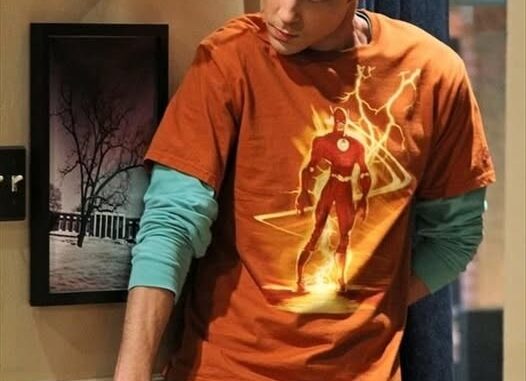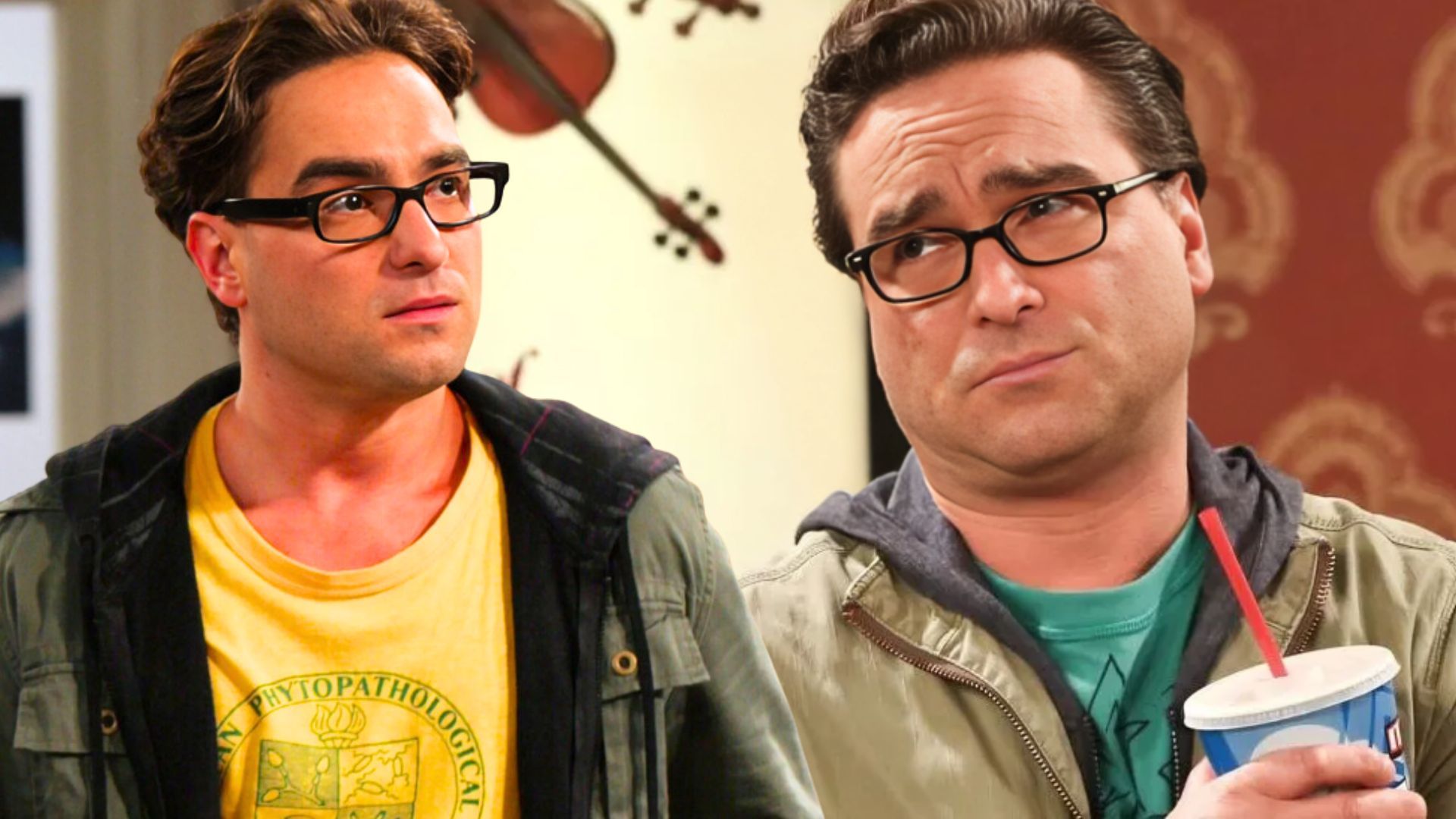
In the often predictable world of television, The Big Bang Theory pulled off something truly unprecedented for a sitcom at the close of its first season: a panel at the illustrious San Diego Comic-Con. This bold move, orchestrated by co-creator Chuck Lorre, was initially met with widespread skepticism, bordering on outright panic, from the cast.
Lorre’s seemingly whimsical decision to present the show at the mecca for pop culture enthusiasts, even strategically aligning their panel with the then-hugely popular Battlestar Galactica, baffled his team. Johnny Galecki, who played Leonard, vividly recalled anticipating a “doomsday” scenario, convinced that their comedy show had no place, and thus no audience, among the hardcore comic book and science fiction aficionados who populated Comic-Con. His apprehension was contagious, spreading through the rest of the cast and even subtly influencing Lorre himself. The prevailing sentiment was that Comic-Con was for “nerds” and “geeks”—a demographic they lovingly portrayed but didn’t necessarily expect to draw in droves to a sitcom panel.

However, reality dramatically diverged from their low expectations. Upon their arrival, the cast was met with an astonishing sight: thousands of fans had camped overnight, not for the sci-fi juggernaut, but for them—for The Big Bang Theory! Kaley Cuoco, who brought Penny to life, was so flabbergasted by the sheer volume of attendees that she kept questioning which show they were actually there for, unable to fathom such a massive turnout for their relatively new comedy.
The reception was nothing short of Beatlemania. Fans, many of them meticulously dressed as beloved characters like Sheldon and Howard, greeted the cast with an outpouring of fervent adoration. The atmosphere was electric, a testament to the show’s unexpected, yet profound, connection with its target audience. Every single cast member present has since recounted the emotional impact of that moment, admitting to tears in their eyes as they witnessed firsthand the immense love and dedication from their blossoming fanbase.
This remarkable Comic-Con debut wasn’t just a successful event; it was a revelation. It instantly validated The Big Bang Theory‘s premise and proved that its affectionate portrayal of “nerd culture” resonated deeply and authentically with the very community it depicted. It marked the moment the cast and creators realized their show was poised for something far greater than just a successful comedy—it was building a devoted, passionate following that would propel it to global phenomenon status.
